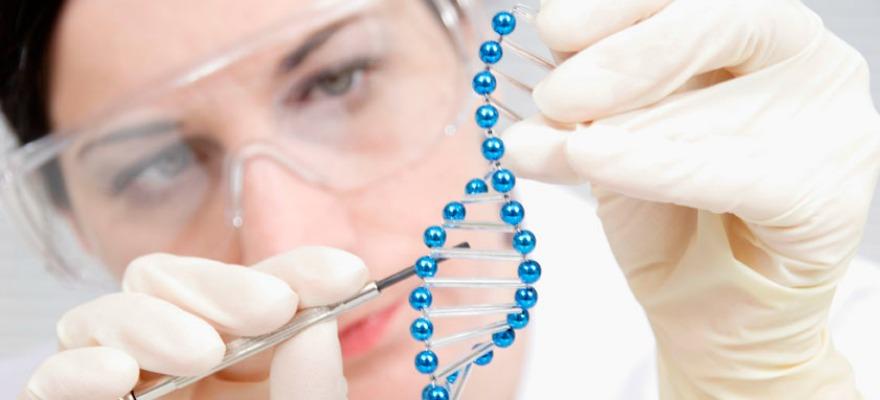In November 2004 the Human Tissue Act was agreed, and was fully enacted on 1st September 2006. Its main focus is to redress the inadequacy on the law on tissue retention and the inclusion of "DNA theft". However there is a clause in the Act (section 45) that has implications for good practice in relation to paternity testing.
What does the Human Tissue Act do?
The Act regulates the removal, storage and use of human tissue. This is referred to in the Act as "relevant material" and is defined as material which has come from a human body and consists of or includes, human cells.
The Act lists the purposes for which consent is required. The consent required under the Act is called 'appropriate consent', which broadly means consent from the appropriate person, as identified in the Act. Penalties of up to three years' imprisonment or a fine or both are provided in the Act as a deterrent to failing to obtain or to misusing consent.
Parental Consent for Paternity Testing
Taking a DNA test has life changing consequences, therefore we encourage both the mother and the father to be fully aware of any DNA test. However we understand there are circumstances when this is not possible. Since the 1st September 2006 if you are having a DNA test carried out and are not submitting the mother's DNA for testing then a person with parental responsibility for the child must sign this consent form and send back with the DNA samples.
Q. How do I know if I have parental responsibility?
If the child was born from the 1 December 2003 onwards then new changes in the law mean unmarried fathers get equal parental responsibility. All you have to do is for both parents to register the birth of your baby together. If your child was born before this date then you could only gain parental responsibility by being married or marrying the child's mother, signing an official agreement with the mother or getting a court order.Q. Why do I need parental responsibility?
Parental responsibility for your child gives you important legal rights as well as responsibilities. Without it, you don't have any right to be involved in decisions such as where they live, their education, religion or medical treatment including using their DNA for a DNA Test. With parental responsibility, you are treated in law as the child's parent and you take equal responsibility for bringing them up.
The Human Tissue Act and DNA Testing
The Act makes it an offence to have human tissue, which includes hair, nail and gametes in this context, with the intention of its DNA being analysed without the consent of the individual from whom the tissue came or of those close to them if they have died. This provision applies UK-wide. Penalties for not obtaining consent are provided.
Section 45 of the Act has a particular relevance to paternity testing given that it covers the non-consensual analysis of DNA. It stipulates that "A person commits an offence if he has any bodily material intending":-
- that any human DNA in the material be analysed without qualifying consent, and
- that the results of the analysis be used otherwise than for an excepted purpose,
A person guilty of an offence under this section:-
- is liable on summary conviction to a fine not exceeding the statutory maximum;
- is liable on conviction or indictment:-
to imprisonment for a term not exceeding 3 years, or
to a fine, or
to both.
Guidance and Codes of Practice
The giving of consent is seen as a positive act. The absence of refusal is not evidence of consent.
The section on consent and the use of DNA is the one area of the Code of Practice that specifically refers to paternity testing, rather than considering it as part of the whole. It states that "As the issue of paternity testing is a sensitive one, further guidance has been published by the Department of Health in this area." This further guidance is the DH's voluntary Code of Practice and Guidance on Genetic Paternity Testing in the UK, first published in 2001 and which is currently under review.
The Department of Health have stated that new Paternity Testing code will have to be consistent with the HT Act and with other legislation relating to Court-directed services and advertising. They envisage that the new code will go beyond the Human Tissue Act and the Codes to give more detail and best practice guidance, that is tailored to paternity testing. Industry consultation on the new DH code will commence in November 2006.
When you order your DNA test (or free collection kit), we will send you the appropriate consent forms for DNA testing.



.jpg)

.jpg)


